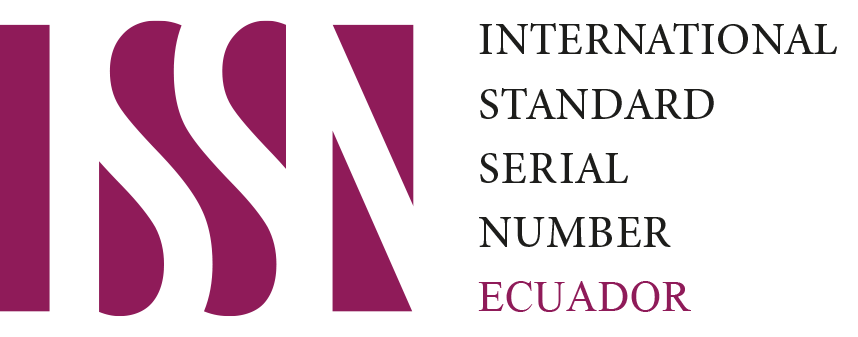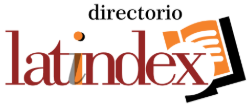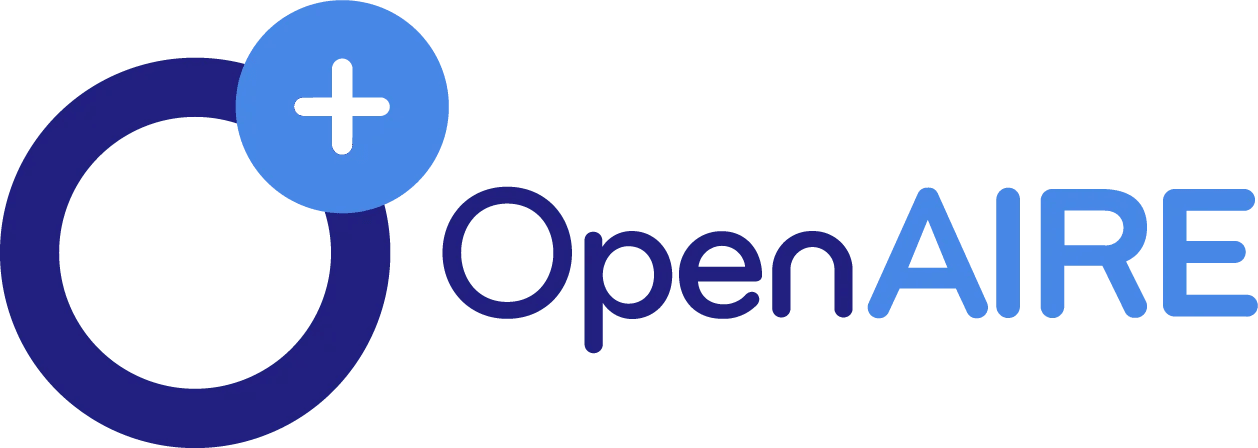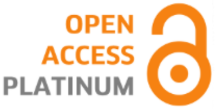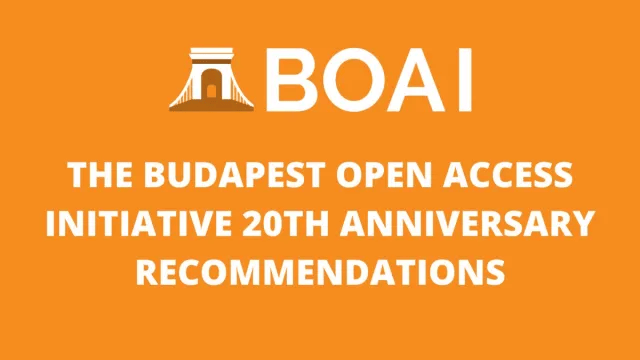Analysis of barriers and proposals for inclusive access to justice for vulnerable groups
DOI:
https://doi.org/10.5281/zenodo.14280541Keywords:
accessibility, inequality, intersectionalit, privacy, trainingAbstract
The study analyzed the structural, social, and cultural barriers vulnerable groups face in achieving equal access to justice, aiming to identify challenges and propose solutions. A mixed-methods approach was employed, combining qualitative and quantitative analysis to understand Limitations and evaluate the effectiveness of current strategies, such as the “Stakeholder Engagement Plan”. Results revealed low participation among Indigenous communities and people with disabilities, attributed to the lack of culturally and linguistically adapted materials and concerns regarding privacy in the collection of sensitive data. Significant inequalities in access to BASIC services and formal employment were also highlighted, emphasizing the need for inclusive public policies to address these gaps. The conclusions underscored the importance of implementing differentiated protocols, strengthening the training of justice operators in human rights, and fostering collaboration with organizations representing vulnerable groups. Technological tools, such as online self-censuses, were also recommended to build trust and enhance participation. This study generates practical and compelling proposals to promote inclusive and equitable access to justice.
Downloads
References
Anderson, M. B. (1994). The concept of vulnerability: Beyond the focus on vulnerable groups. International Review of the Red Cross, 19(124), 336-341. https://doi.org/10.1017/S0250569X00019075
Bastard, M. C., & López, J. E. (2017). University-society link: Groups vulnerable to discrimination due to disability in Ecuador. University and Society, 9(3), 7-15.
Canales-Macías, F. G., Rodríguez-Baque, C. J., & Ramírez-López, G. M. (2023). Irregular migration of vulnerable groups to Ecuador: A disregard for human rights. Metropolitan Journal of Applied Sciences, 6(S2), 199-208.
Catalán, J. (2018). Right of access to justice and structural barriers in Latin America. Dialnet. https://dialnet.unirioja.es/servlet/articulo?codigo=6689216
Inter-American Court of Human Rights. (2019–2022). Recent judgments on rights of access to justice for vulnerable groups. https://www.corteidh.or.cr/cf/jurisprudencia/index.cfm
Garrido, M. I. (2022). Vulnerability, vulnerable groups, and intersectionality. International Journal of Political Thought, 17, 307-322. https://doi.org/10.46661/revintpensampolit.7544
National Institute of Statistics and Census (INEC). (2022). Stakeholder participation and information disclosure plan: National Statistical System Strengthening Project (VSEPT 2022). INEC. https://www.ecuadorencifras.gob.ec/documentos/web-inec/Adquisiciones/Fortalecimiento_SEN/Plan%20de%20Partes%20Interesadas%20VSEPT%202022.pdf
Laise, L. D. (2020). Can the expansion of the right to access to justice enhance judicial activism? Ibero-American Yearbook of Constitutional Justice, 24, 233-253. https://doi.org/10.18042/cepc/aijc.24.08
Liedo, B. (2021). Vulnerability. EUNOMÍA. Journal of Culture of Legality, 20, Article 20. https://doi.org/10.20318/eunomia.2021.6074
Martínez-Pérez, Y. B., Sauceda-Villeda, B. J., & Moreno-Rodríguez, M. S. (2020). Procedural rights in vulnerable groups from national and international regulations. Journal of Politics, Globality and Citizenship, 6(12), 225-245.
United Nations. (2020). Progress report on the sustainable development goals (SDGs). UN SDGs Report. https://unstats.un.org/sdgs/report/2020/
Presno, M. Á. (2020). Coronavirus state of alarm and legal protection of vulnerable groups. RDP, 17(94), 15-34. Rodríguez, J. (2001). Vulnerability and vulnerable groups: A conceptual framework looking at young people. https://repositorio.cepal.org/entities/publication/7cf69fff-3cbf-41d0-ad3f-abcf7283fc92
Ruiz, S. M., & Romero, L. P. (2022). Human trafficking, abuse of vulnerable situations, and human rights. https://typeset.io/papers/trata-de-personas-abuso-de-situaciones-de-vulnerabilidad-y-2cx6htir
Zota, A. C. (2015). Incorporation of intersectional analysis in the IACHR’s judgments on vulnerable groups: its articulation with the interdependence and indivisibility of human rights. EUNOMÍA. Journal of Culture of Legality, 9, Article 9.
Published
Data Availability Statement
Not applicable.
Issue
Section
License
Copyright (c) 2025 Verónica M. Vargas (Author)

This work is licensed under a Creative Commons Attribution-NonCommercial-ShareAlike 4.0 International License.








